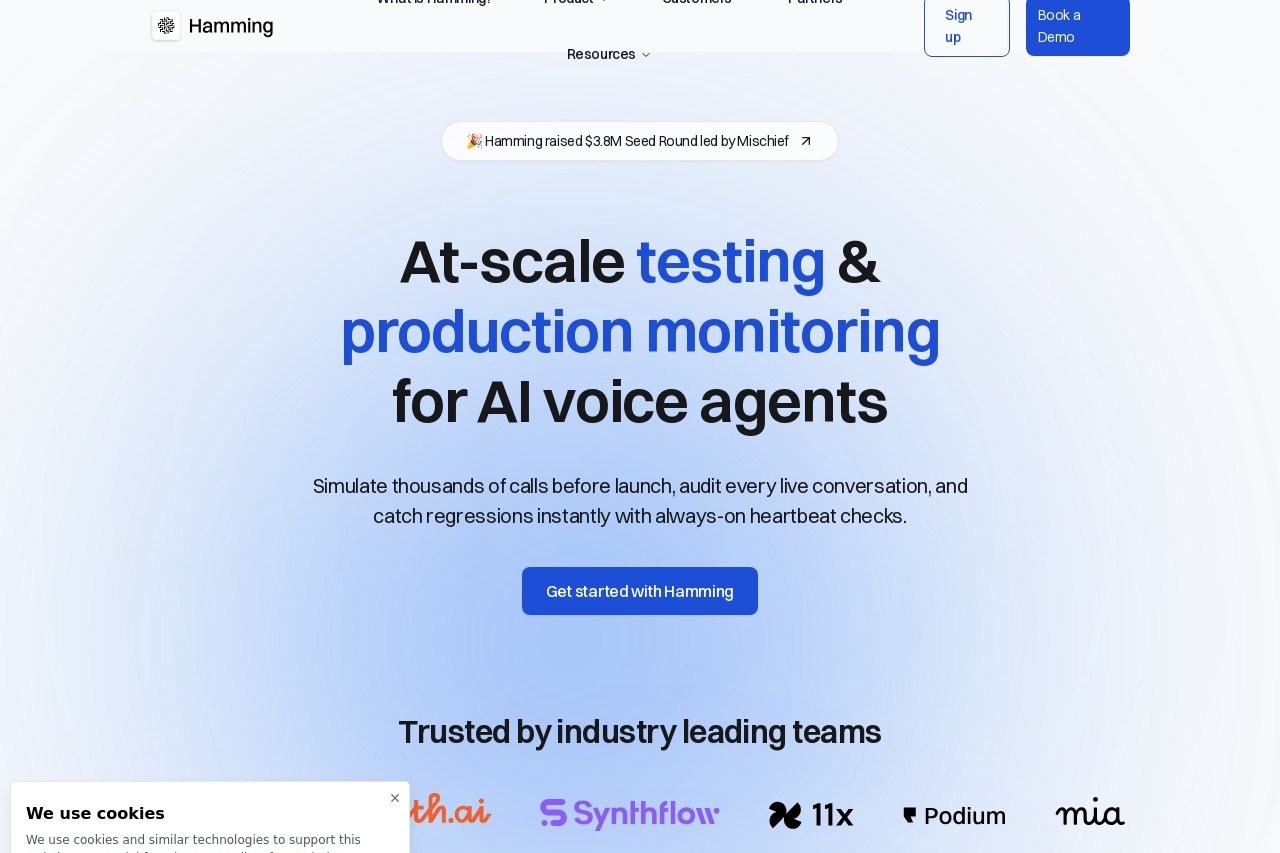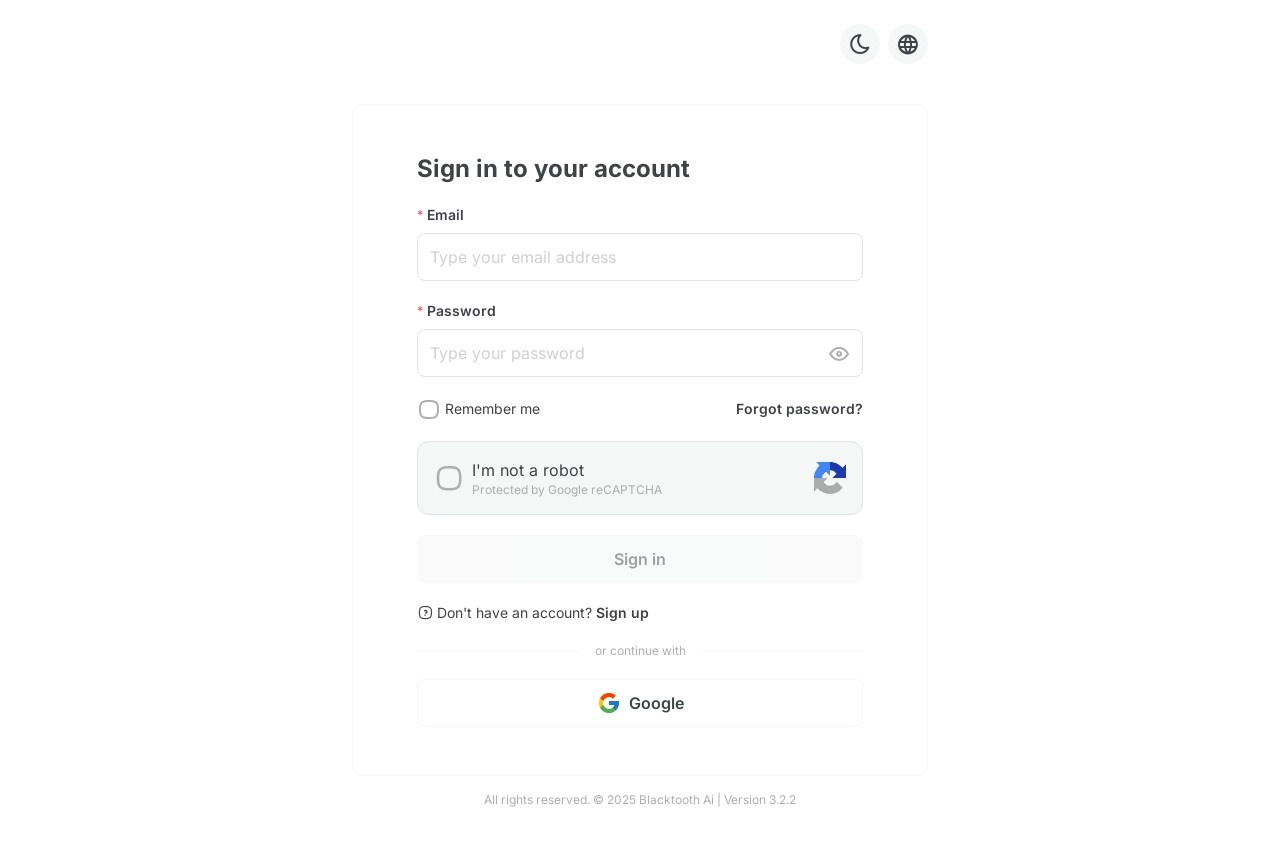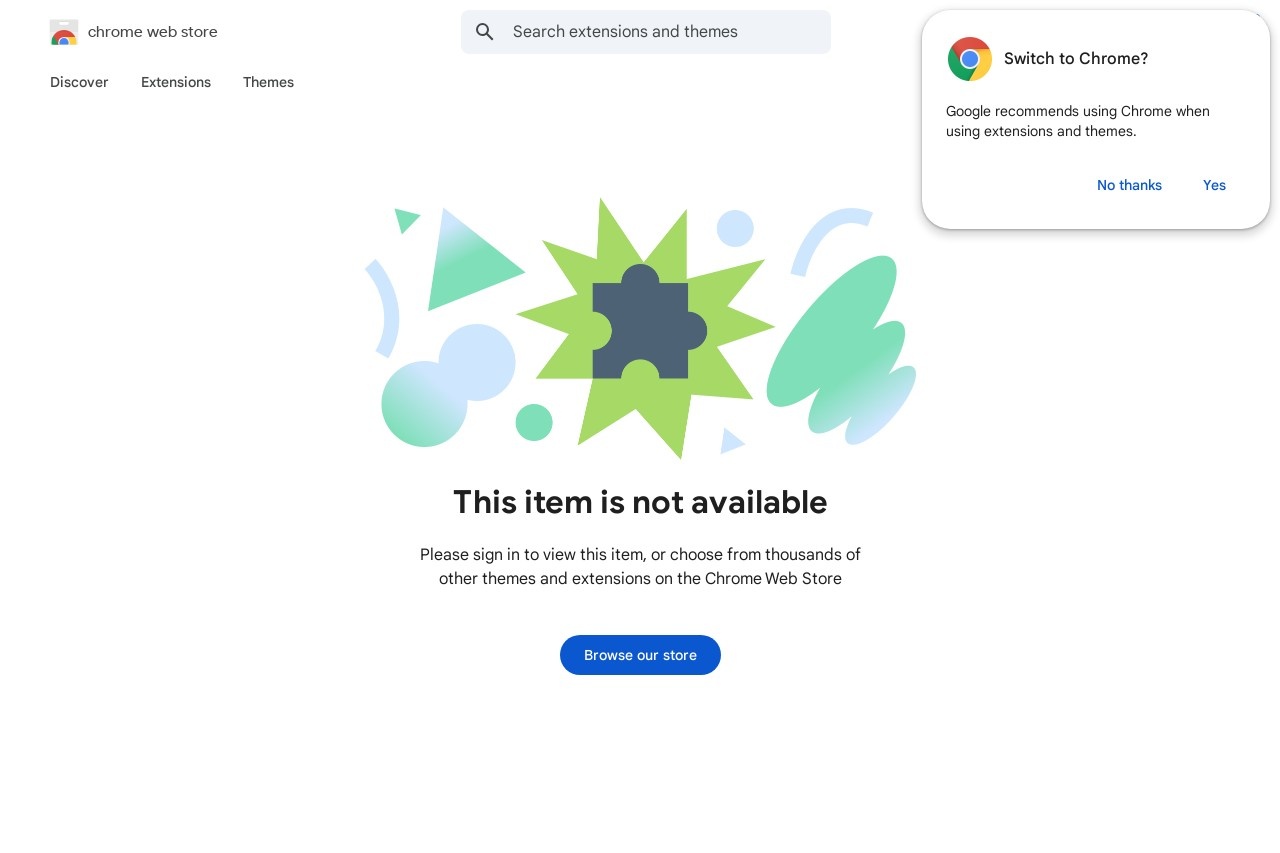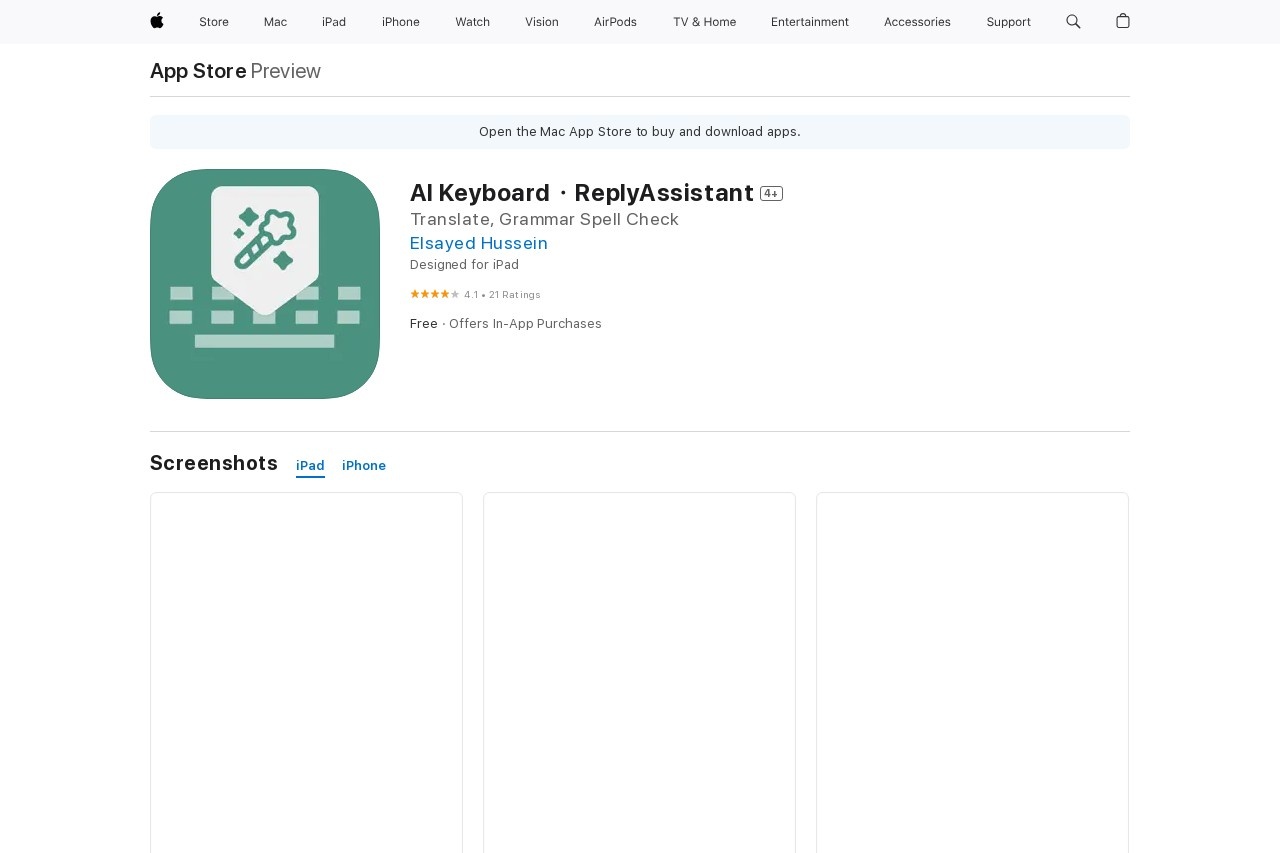Health Checks
Health Checks: A Service for Monitoring and Verifying System Health
In today's technology-driven world, ensuring the reliability and performance of systems is critical. Health checks provide a proactive way to monitor and verify the status of applications, servers, and infrastructure components. This service helps detect issues early, minimizing downtime and improving user experience.
What Are Health Checks?
Health checks are automated tests or probes that periodically assess the operational state of a system. They verify whether a service is running correctly, responding within expected timeframes, and meeting predefined performance thresholds. Common checks include:
- Endpoint Availability: Confirms if an API or web service is reachable.
- Database Connectivity: Ensures databases are accessible and queries execute successfully.
- Resource Utilization: Monitors CPU, memory, and disk usage to prevent overloads.
- Dependency Verification: Checks third-party services or integrations for failures.
Why Are Health Checks Important?
Implementing health checks offers several benefits:
- Early Issue Detection: Identifies problems before they escalate, reducing downtime.
- Automated Recovery: Triggers alerts or auto-remediation workflows for faster resolution.
- Improved Transparency: Provides clear visibility into system status for teams and stakeholders.
- Scalability Support: Ensures load balancers or orchestrators route traffic only to healthy instances.
Implementing Health Checks
To set up effective health checks:
- Define critical metrics and thresholds for your system.
- Use tools like Kubernetes liveness probes, AWS Route 53, or custom scripts.
- Configure alerts (e.g., email, Slack) for failed checks.
- Regularly review and adjust checks as systems evolve.
By integrating health checks into your infrastructure, you can maintain high availability, optimize performance, and deliver consistent service quality to users.

















